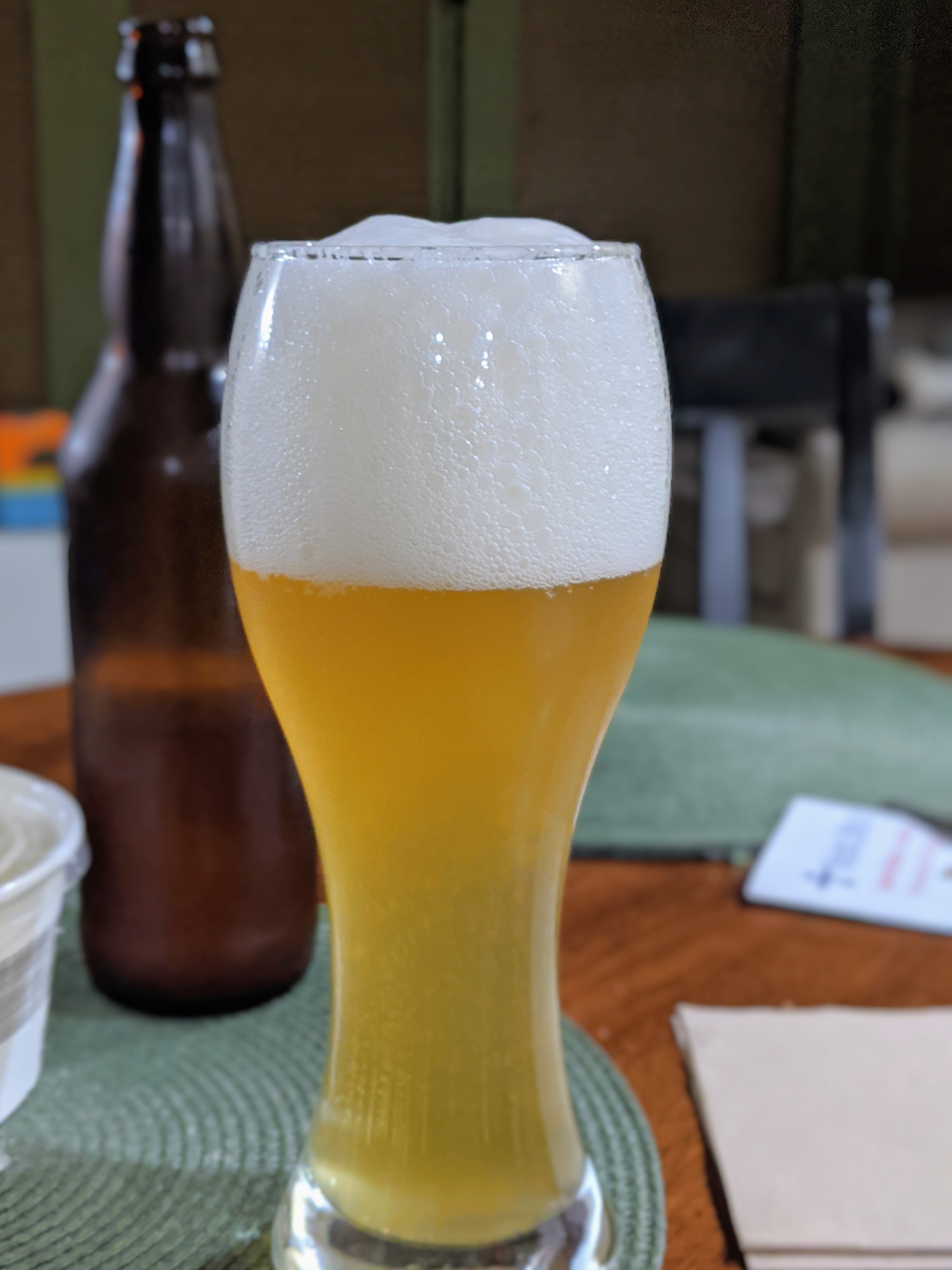Bayern1987
Well-Known Member
- Joined
- May 16, 2020
- Messages
- 79
- Reaction score
- 16
I tried my first Hefeweizen today and there is a ridiculous amount of trub / hop sediment in the bottles. It makes the beer look brown and clearly affects the taste. I tried straining it through a biab bag and when it went into the glass it looked clearer and tasted the way I imagined it would however this is inconvenient and kills the head / carbonation. I have 30 bottles left... is there anyway to transfer each bottle to a bottling bucket and re bottle whilst minimising oxidation?
Thanks
Thanks









